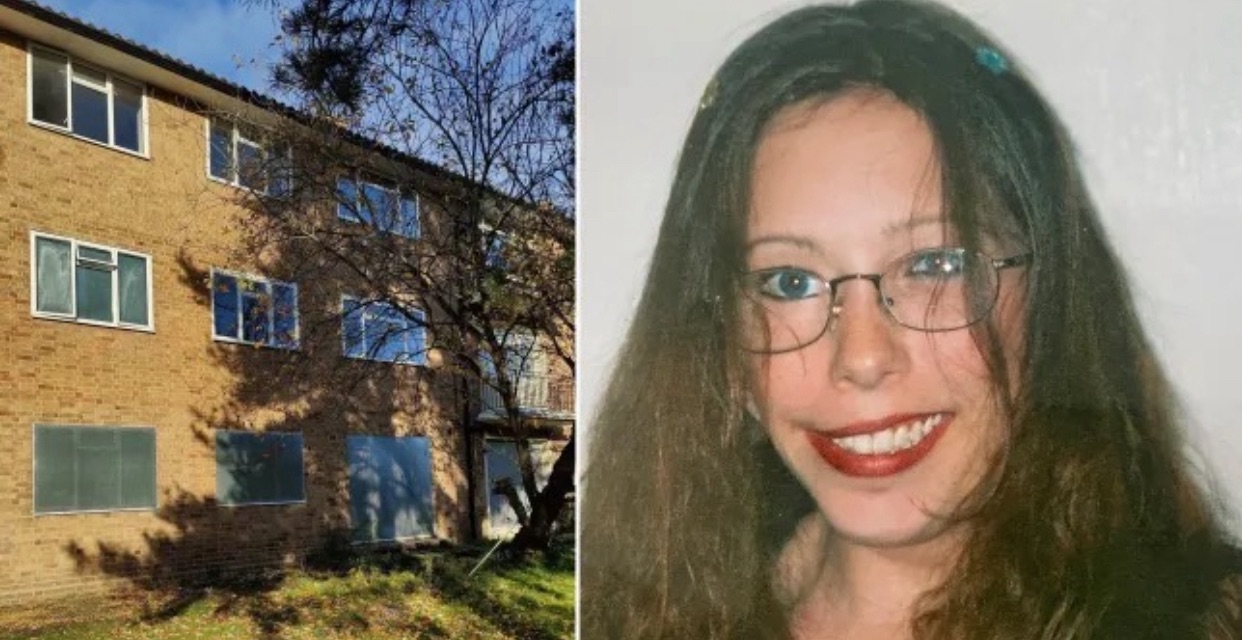The family of Laura Winham, whose body remained undiscovered in her apartment for over three years, has revealed the tragic details during an inquest. Winham’s remains were found in her Surrey, UK flat in May 2021, though she had reportedly died in November 2017 at the age of 41. Her family had contacted police to conduct a welfare check, concerned for her safety after losing contact for years.
The inquest, which opened at Surrey Coroner’s Court on October 1, 2024, shed light on the family’s repeated attempts to raise the alarm about her well-being. They claim that Laura had been “abandoned and left to die” by social and mental health services. Concerns had been voiced to Woking Borough Council (WBC) nearly two months before her body was discovered, yet no effective action was taken.
A former employee of New Vision Homes, the landlord contractor for WBC from 2015 to 2022, testified that Ms. Winham’s sister contacted the council on March 31, 2021, after noticing accumulating mail and fearing for her sister’s well-being. A welfare check was attempted, but no one answered the door. It wasn’t until the end of May that Laura’s body was found after police finally broke into the apartment.
Evidence presented at the inquest highlighted several missed opportunities to intervene. In late 2018, a gas company attempted to schedule an annual check but received no response, eventually cutting off her gas supply in January 2019 after multiple failed attempts to contact her.
The court was told that WBC made a visit to Laura’s apartment in March 2021 concerning gatherings in communal areas outside her home, but again, no one answered the door, and no follow-up action was taken.
Ms. Winham’s family explained that Laura’s schizophrenia made communication difficult, as she believed her relatives intended to harm her. In 2014, Laura had faced eviction due to rent arrears, but the debt was paid by a third party, preventing her eviction.
Since bringing housing services back in-house, WBC has implemented stricter measures, including more frequent home visits and processes for obtaining injunctions to enter homes when necessary.
Laura’s case has prompted widespread criticism of social services and the handling of vulnerable individuals like her, raising questions about how such a tragedy could go unnoticed for so long.
